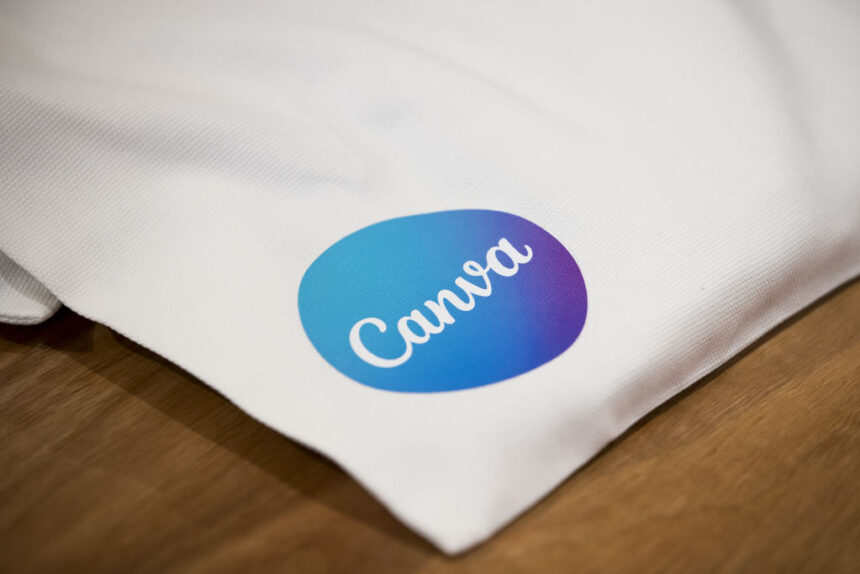Canva, the design platform, is increasing prices steeply for some customers. And it’s blaming the move in part on generative AI.
In the U.S., some Canva Teams subscribers on older pricing plans are seeing the sticker price for a five-person plan jump from $119.99 per year to $500 per year (with a 40% discount for the first 12 months). In Australia, meanwhile, the flat $39.99 AUS (about $26) per-month fee for five users has been raised $40.50 AUS for each user.
Canva Teams prices are now $100 per person, or $10 a month per person, with a minimum of three people required for a Teams plan. Those prices were quietly changed earlier this year for new customers, but now the company is changing the price for customers who’d previously paid a lower price.
The price changes don’t apply to Canva’s Pro or Enterprise tiers.
In a statement to TechCrunch, a Canva spokesperson confirmed the new price points and pointed to the company’s growing suite of generative AI tools — including Magic Studio — as a reason for the adjustments. They also noted that some of Canva’s customers had been locked into lower prices that Canva no longer offers; Canva quietly changed its Teams pricing earlier this year to $10 per month for each user.
“Our original pricing reflected the early stage of this product and has remained unchanged for the last four years,” the spokesperson said. “We’re now updating the price for customers on this older plan to reflect our expanded product experience.”
Canva’s price hikes, which come as the company readies for an IPO, haven’t been well received, unsurprisingly. Users took particular issue with the fact that Canva communicated the changes through customer emails instead of publicly, as it has in the past.
The new pricing is a departure from Canva’s roots as an affordable alternative to design software like Adobe’s. It may also be a reflection of the startup growing too quickly, too fast; in March, Canva acquired U.K.-based graphic design software firm Serif for ~$380 million and just in August bought generative AI image company Leonardo.
Source : Techcrunch






